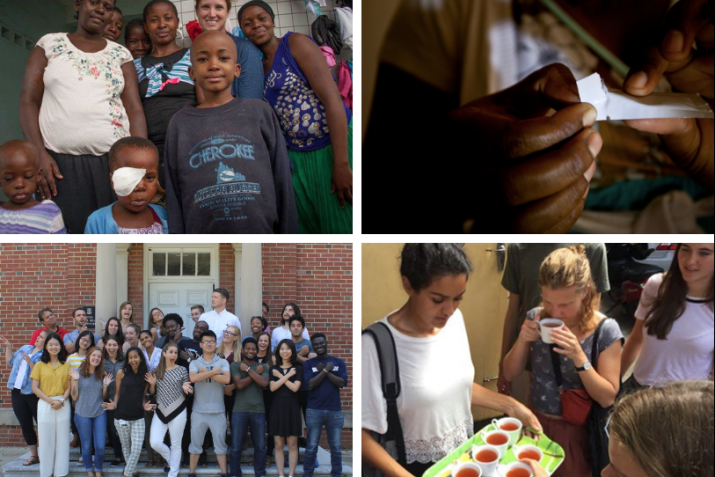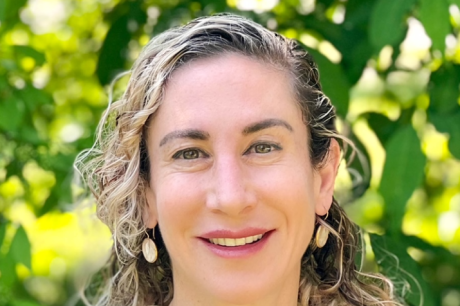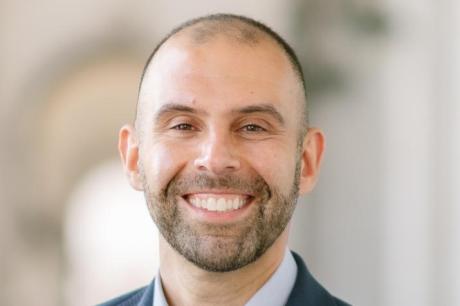
Published January 4, 2019, last updated on April 7, 2020
In 2018, the Duke Global Health Institute published more than 100 stories, research summaries, profiles, Q&As and op-eds highlighting the many different ways our faculty, staff and students are working to address health disparities as close as our home town of Durham, North Carolina, and as far away as Sibu, Malaysia.
Here’s a look back at some of our favorites:
-
Leveling the Odds: How Two Duke Professors Are Giving Families in Tanzania a Better Chance of Beating Cancer
DGHI faculty members Nelson Chao and Kristin Schroeder are collaborating with partners at Bugando Medical Center in Tanzania to ensure that all children with cancer have a chance of a cure. And in addition to their research, clinical and education work, they’ve taken an unusual step to improve access to treatment. -
The Odds of a Devastating Pandemic Just Went Up
In this op-ed, DGHI professor Gavin Yamey responds to reports that the CDC is planning to let lapse $600 million in funding to combat global outbreaks—a move, he argues, that’s glaringly short-sighted. -
New DGHI Center Will Address Global Reproductive Health
In February, DGHI launched the Center for Global Reproductive Health, led by OB/GYN and global health professor Megan Huchko. The center will bring together experts from countries in East Africa so we can strengthen our collaborations between the countries and create more opportunities for students and trainees to build expertise in global reproductive health. -
Road Traffic Injuries Are a Huge Global Problem, but Motorcyclists Can Help
For many people in low- and middle-income countries, riding a motorcycle isn’t just a way to get around—it’s their livelihood as “taxi” drivers. But for far too many, it’s also how they lose their life. DGHI researchers Catherine Staton and Joao Vissoci are taking a novel approach to turn motorcycle drivers into valuable informants to ultimately improve their odds of surviving and staying injury-free. -
DGHI Launches First-Ever Study Abroad Course
This summer, DGHI piloted our first global health study abroad course in Galle, Sri Lanka, in collaboration with Duke’s Global Education Office and our partners at the University of Ruhuna and University of Amsterdam. The four-week summer program integrated coursework, independent projects and field trips. -
DGHI’s Master of Science in Global Health Program Turns 10
This story and multimedia feature, produced in celebration of the tenth anniversary of our Master of Science in Global Health program, highlights 10 of our MS alumni and students—one from each year. They reflect on the global health issues they're working on today and the mark DGHI left on their global health path. -
Fighting Epilepsy in Uganda with Tools and Teamwork
About 700,000 Ugandans are living with epilepsy, yet very few have had an EEG, and only a handful of clinicians in the country perform the exam. DGHI and Ugandan clinicians and researchers are working together to turn the tides on this problem. -
This Petite Pouch Packs a Punch
This multimedia feature tells the story behind one of Duke’s most impactful global health innovations—the Pratt Pouch—invented by DGHI professor Bob Malkin and a host of students. The pouch preserves a single dose of antiretroviral medicine for up to a year and makes it easy for mothers with HIV to protect their newborns from infection. -
This Class Puts Stories at the Heart of Medicine and Health
Learning how to craft a story may be an atypical approach to preparing future health practitioners, but to pediatric oncologist Ray Barfield, one of the instructors of Duke's “Storytelling in Medicine and Health” course, storytelling is powerful tool that lies at the heart of medical practice. -
Global Health at Home
A Duke Bass Connections student research team has been using an interdisciplinary approach to help address health needs of refugees resettled in Durham, North Carolina. “Global health for me is caring for and considering the problems of people from an entirely different background. It has very little to do with geographic location,” says Emily Esmaili, one of the team leads.
Other stories we love:
-
Duke’s Community-Based Toilet System Begins Testing in India – by Duke Engineering
-
A Picture Worth 1,000 Words – blog post by Niisoja Torto T’20
-
Stuck in the Mud – blog post by Brittney Wittenbrink MS’16
-
How a Word Embodies a Model of Care – blog post by Shagun Vashisth T’20


